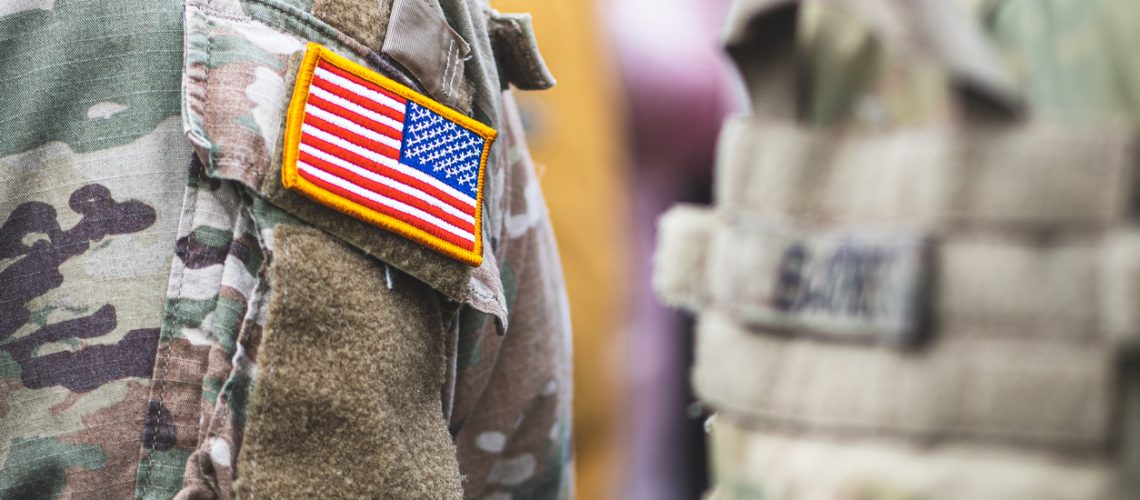Military service members often face unique moral and ethical dilemmas. One such dilemma is whether to engage in certain military activities, including combat. If these activities go against the individual’s freedom of thought, conscience, or religion on the grounds of a commitment to nonviolence and a genuine conscientious objection to war, they may seek Conscientious Objector status in order to abstain from them.
A Conscientious Objector is an individual who, due to deeply held moral, ethical, or religious beliefs, opposes participating in combat. This opposition is rooted in a commitment to nonviolence and a genuine conscientious objection to engaging in military activities.
The right to seek Conscientious Objector status is firmly established within the military justice system. Service members have the legal right to apply for this status under the provisions of the Uniform Code of Military Justice (UCMJ).
The Application Process
To obtain Conscientious Objector status, a service member must submit a formal application to their commanding officer. This application should include the individual’s beliefs, explain the basis for their objection, and provide supporting documentation.
Once the application is submitted, it undergoes a thorough evaluation process. Military authorities assess the sincerity and validity of the applicant’s conscientious objection. This evaluation includes interviews, reviews of supporting documentation, and consultations with chaplains and other experts.
Potential Outcomes
If the application is approved, the service member may be reassigned to noncombatant duties or discharged from military service with a Conscientious Objector designation. However, it’s important to note that approval is not guaranteed, and the process can be challenging.
How Can an Attorney Help?
The Conscientious Objector status application process can be complicated and emotionally draining. A knowledgeable and experienced military defense attorney can help in many areas:
- Expertise – An attorney with knowledge of military law can provide invaluable guidance, ensuring that the application is comprehensive and persuasive.
- Advocacy – An attorney can serve as an advocate who understands the law and can effectively present your case, conduct interviews, and address inquiries from military authorities.
- Protection – An attorney can help to protect your rights throughout the process.
While pursuing Conscientious Objector status is a matter of personal beliefs, obtaining legal counsel is vital in successfully navigating the application process.
The Court-Martial Law Division of Aviso Law LLC Helps Military Members in Colorado Who Have Been Charged with a Crime
If you or a loved one is considering seeking Conscientious Objector status within the military, don’t hesitate to reach out to a qualified military defense attorney. The Court-Martial Law Division of Aviso Law LLC can help provide the guidance and advocacy necessary to ensure that your Conscientious Objection is understood and respected within the military justice system.
We proudly serve our military members, who sacrifice so much for our country. To learn more or to schedule a free consultation, contact us today!


